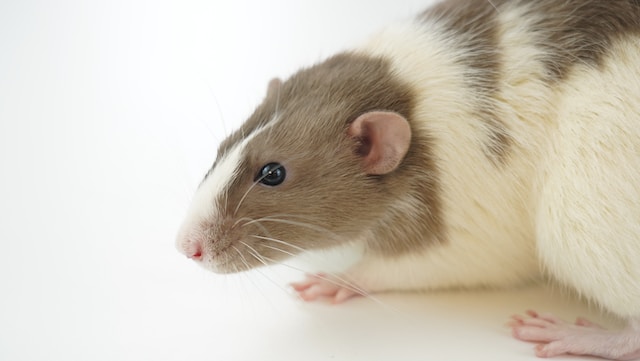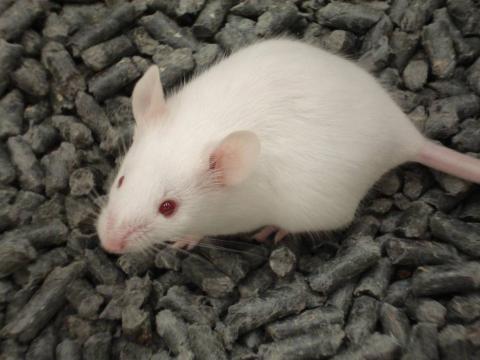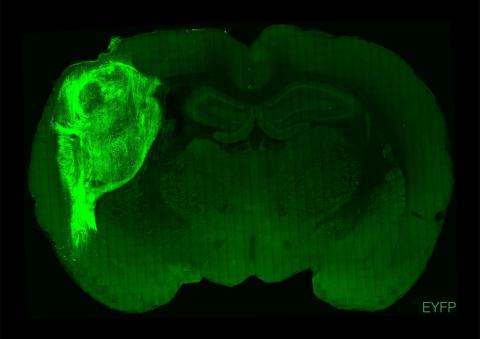Reaction: Rats have imagination, according to a study
A research group has developed an innovative system that combines virtual reality and a brain-machine interface to probe the inner thoughts of rats. The results of their research, published in Science, suggest that, much like humans, animals can think about places and objects that are not right in front of them, using their thoughts to imagine walking to a location or moving a remote object to a specific point.

Antonio Osuna - ratas
Antonio J. Osuna Mascaró
Postdoctoral researcher at the Messerli Research Institute at the University of Veterinary Medicine Vienna (Austria), animal cognition specialist
If I had to describe this study in one word, I would rate it as spectacular.
Its central question is certainly difficult to resolve, but they spare no effort and creativity to put it to the test. The elements they use (virtual reality for rodents and deep learning of their brain activity), as well as their terminology (such as "Jumper" and "Jedi" for the experiments), have a strong sensationalistic component, clearly aiming to create impact. However, this does not diminish the scientific value of the study. The result is fabulous: the first evidence of voluntary use of imagination in a species different from our own.
We had good evidence that during rest (whether sleeping or not), the hippocampus of rats activates, replaying previously traveled routes, sometimes even "experimenting" with places they had never visited before, and this helped them learn those routes better! But in these cases, hippocampal activity was very rapid and sometimes even traveled back in time (retracing the learned routes in reverse), making it difficult to ascertain whether the rats were subjectively experiencing this activity or doing so voluntarily.
Since it's almost impossible to ask rats if they can imagine a path or if they are aware of reviewing the learned routes while resting, the authors have devised a system that rewards rats for imagining (routes or moving objects) while allowing us to observe their brain activity.
The result is astonishing in its similarity to human imagination, highlighting their ability to hold mental representations in their imagination for a relatively long time, similar to what we would expect in our own species. The result is different from the previously known activity (which occurs at high speed), and the authors speculate on the possibility that in those cases, rats are making quick decisions, while here, they have found the ability to maintain a mental map in their imagination and manipulate it at will.
Regarding the experimental design, I would have liked to see them incorporate cross-modal stimuli for the virtual reality experience in phase 3 of the experiment (where the rat's physical movements did not guide the virtual experience, but rather it was guided by hippocampal activity). Since the rat had a visual input constructed by the computer system (projected for them to experience as virtual reality), I wonder if that visual information was acting as feedback and facilitating the rat's use of memory. I would have liked to see sounds (or smells) associated with different areas of the mental map during the earlier phases. This way, during the final phase of the experiment, the rat wouldn't need external visual feedback (the VR projection) of what its imagination is generating, only auditory (or olfactory) cues as to whether it is moving in the right direction or not. I don't think it would have hindered the rats, and I believe it would have made the results more consistent.
I can't help but add that this study, like many other recent studies involving rats, leaves a bittersweet taste that more and more people in the scientific community share. Rats (and sometimes mice as well) are demonstrating a level of cognitive sophistication that we could not have imagined just a few years ago. Studies like this show us the richness of their mental lives and their closeness to what we experience. However, at the same time (and even when following ethical committee guidelines), studies like this require rats to be deprived of water, immobilized, and sacrificed. It is difficult to ignore the cognitive dissonance.
- Research article
- Peer reviewed
- Animals



